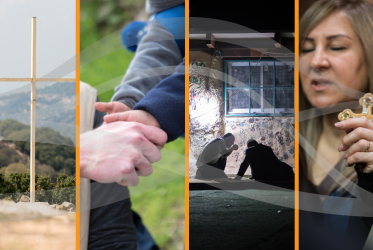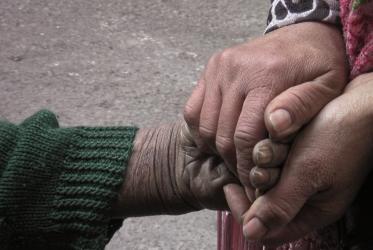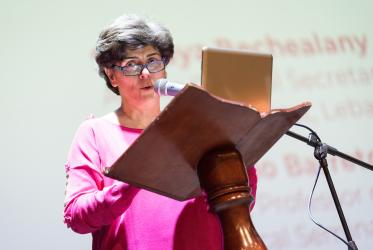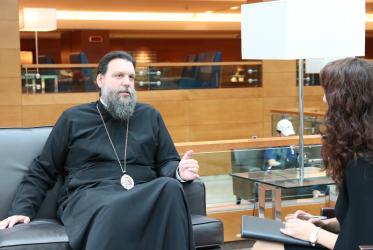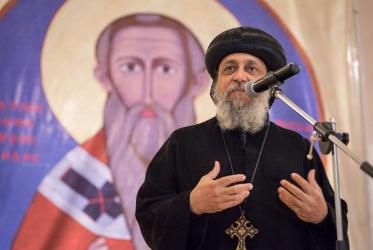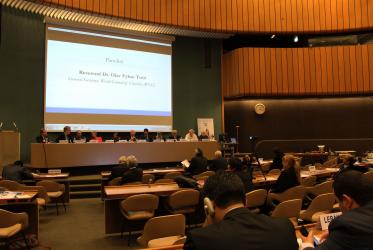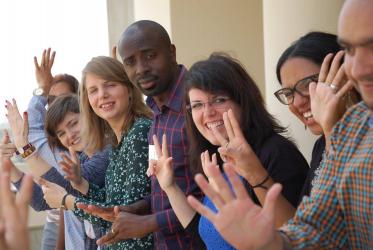Displaying 1 - 20 of 20
WCC-EAPPI Easter Initiative 2022
16 March - 17 April 2022
Fr Alexi - a peacemaker in Syria
21 December 2018
Women in development create space for hope in Egypt
15 June 2017
Day of Muslim-Christian dialogue unfolds in Egypt
26 April 2017
Carrying the cross without fear
12 April 2017
Islam and Christianity: finding the common ground
16 March 2017
The child in the manger and the war in Syria
22 December 2016
Seminar will address youth engagement, religion and violence
19 August 2016
